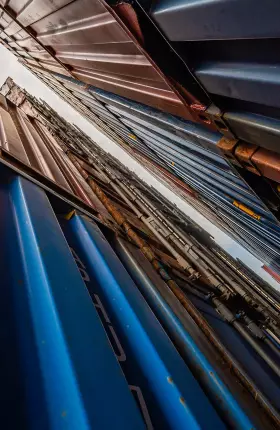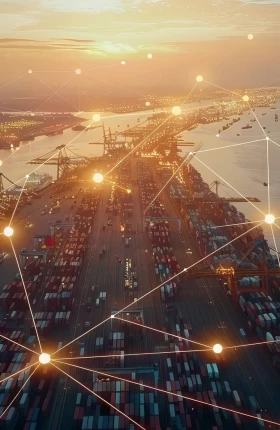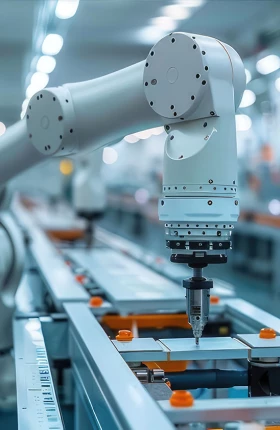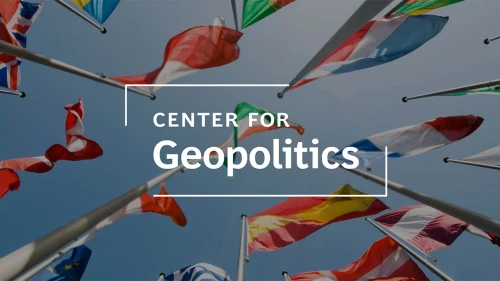Our Approach to International Trade
Taking a “wait-and-see approach” will not lead to an advantageous position for firms and governments. Our international trade consultants help clients identify and implement a clear set of proactive moves to mitigate risk and seize competitive advantage as the international trade environment evolves:
- Assess Exposure. The first step for companies is to take a hard, analytic look at their manufacturing, supply, and distribution footprints to assess their exposure to changes in trade rules. In today’s volatile trade landscape, companies should activate a tariff command center that’s focused on understanding tariffs, mobilizing quickly, applying proven action levers, and driving agile responses to continuously shifting trade dynamics. Quantify the potential impact on revenues, costs, and production assets throughout the value chain.
- Understand Dynamics. Abrupt trade policy changes can shift the entire competitive landscape in different ways for different companies. Determine the strategic implications of new trade rules for each product in specific markets, such as their price competitiveness and market access. Also assess the exposure of each competitor and its suppliers to understand the relative impact and identify potential opportunities.
- Identify Potential Levers. Develop a set of all potential actions that can be taken in response to trade policy changes under different scenarios in order to both mitigate risk and gain competitive advantage. Identify proactive as well as reactive actions, as well as triggers that indicate when to pull these levers.
- Build Resilience. Identify no-regret moves that can be taken preemptively at little cost, such as prequalifying new suppliers, in order to create options and flexibility to move quickly in case of any sudden changes to international trade rules.
- Create a Playbook. Develop a set of actions to be taken under different scenarios, and make sure leadership is aligned on which moves to make in certain circumstances.
Navigating Tariffs
How BCG Helps Clients Adapt to Shifting International Trade Dynamics
Global Trade Model
The Global Trade Model projects trade flows using macro trends and geopolitics across corridors and product levels.
Trade Flow Analytics
Trade Flow Analytics provides dynamic trade flow maps with leading analysis of government-reported data.
Tariff Optimization
Tariff Optimization helps analyze and reduce tariff costs based on trade routes and country relationships.
Trade Engagement Index
The Trade Engagement Index combines key trade metrics to compare nations in a single model.
Geopolitical Risk Model
The Geopolitical Risk Model evaluates stability using multiple indices with sector-level insights.
Cost Competitive Index
The Cost Competitive Index identifies risks and opportunities by comparing costs across geographies, SKUs, and suppliers.
The Trade x Climate Impact Assessment
The Trade x Climate Impact Assessment models how climate regulations can shift trade flows and competitiveness.
The Trade Policy Radar
The Trade Policy Radar tracks global trade rules, sanctions, and remedies using qualitative and quantitative data monitoring and collection.
Our Client Work in International Trade
Our international trade consultants are helping companies adjust and thrive during a time of major transformation in global trade.
Our Latest Thinking on International Trade























